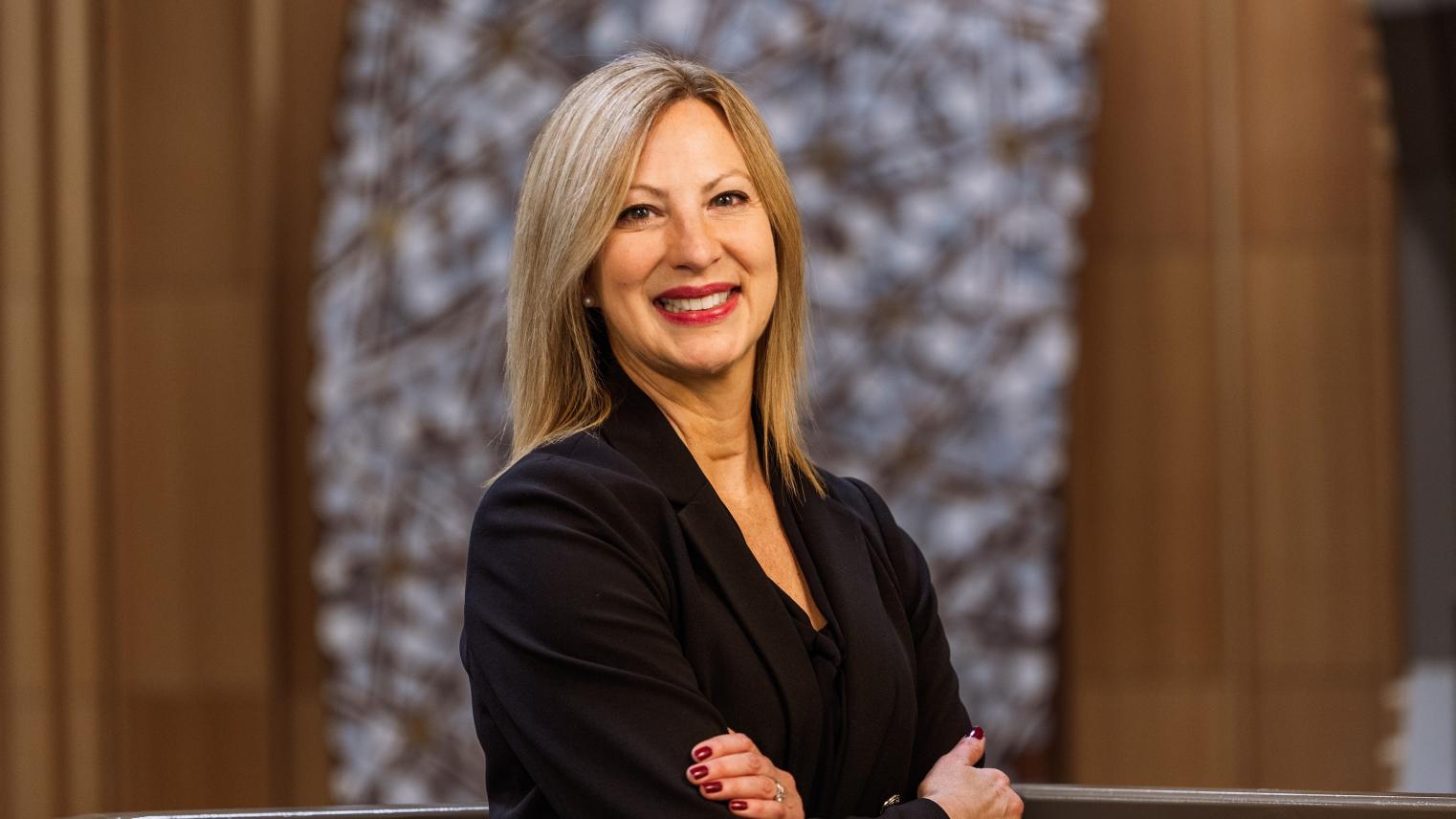The 15th annual John Gee Memorial Lecture was delivered by Professor Toni Erskine.
War is changing rapidly – and with it the challenge of ensuring that restraint is exercised in both the resort to force and its conduct. Lethal autonomous weapons systems are able to select and engage targets, with and without human authorisation. Algorithms that rely on big data analytics and machine learning recommend targets for drone strikes and will increasingly infiltrate state-level decision-making on whether to wage war. The spectre of future iterations of these intelligent machines surpassing human capacities, and escaping human control, has recently received a surge in attention as an approaching existential threat. Yet, this future-focused fear obscures a grave and insidious challenge that is already here.
A neglected danger that already-existing AI-enabled weapons and decision-support systems pose is that they change how we (as citizens, soldiers, and states) deliberate, how we act, and how we view ourselves as responsible agents. This has potentially profound ethical, political, and even geo-political implications – well before AI evolves to a point where some fear that it could initiate algorithmic Armageddon. Professor Erskine will argue that our reliance on AI-enabled and automated systems in war threatens to create the perception that we have been displaced as the relevant decision-makers and may therefore abdicate our responsibilities to intelligent machines. She will conclude by asking how these risks might, in turn, affect hard-won international norms of restraint – and how they can be mitigated.
About the speaker
Toni Erskine is Professor of International Politics in the Coral Bell School of Asia Pacific Affairs at The Australian National University (ANU) and Associate Fellow of the Leverhulme Centre for the Future of Intelligence at Cambridge University. She is also Chief Investigator of the Defence-funded ‘Anticipating the Future of War: AI, Automated Systems, and Resort-to-Force Decision Making’ Research Project and a Founding Member and Chief Investigator of the ‘Humanising Machine Intelligence’ Grand Challenge at ANU. She serves as Academic Lead for the United Nations Economic and Social Commission for Asia and the Pacific (UN ESCAP)/Association of Pacific Rim Universities (APRU) ‘AI for the Social Good’ Research Project and in this capacity works closely with government departments in Thailand and Bangladesh. Her research interests include the impact of new technologies (particularly AI) on organised violence; the moral agency and responsibility of formal organisations in world politics; the ethics of war; the responsibility to protect vulnerable populations from mass atrocity crimes (‘R2P’); and the role of joint purposive action and informal coalitions in response to global crises. She is currently completing a book entitled Locating Responsibility: Institutional Moral Agency in a World of Existential Threats and is the recipient of the International Studies Association’s 2024 International Ethics Distinguished Scholar Award.
About John Gee
Dr John Gee AO served with distinction as an Australian diplomat in a number of countries. His greatest contribution, however, was in the field of disarmament, where he had a particular interest in chemical weapons. After a period as a Commissioner on the United Nations Special Commission on Iraq following the first Gulf War, he became Deputy Director-General of the Organisation for the Prohibition of Chemical Weapons in The Hague, serving there until 2003. In recognition of his achievements, Dr Gee was made a member of the Order of Australia in January 2007. Gee leaves behind a legacy and a memory of a great Australian.
